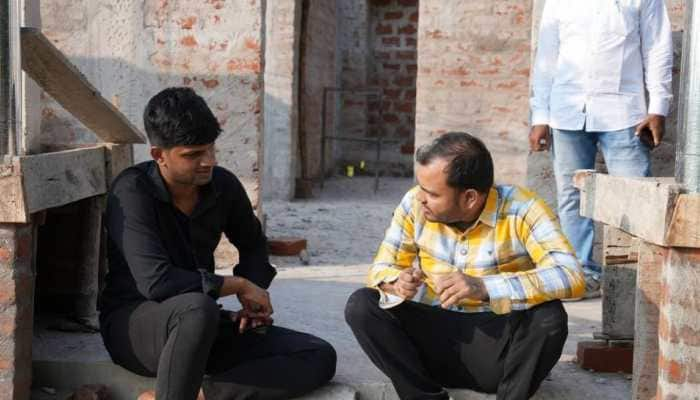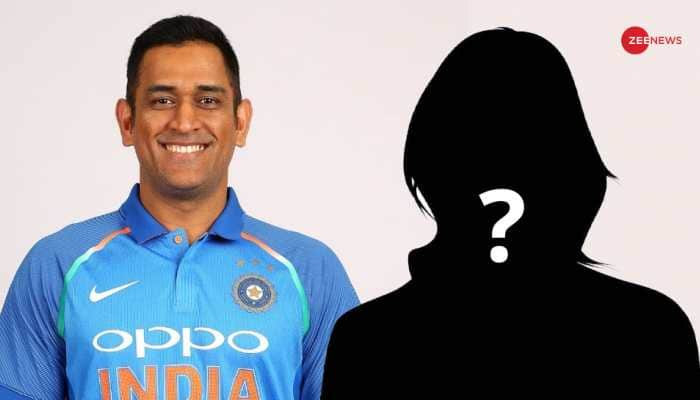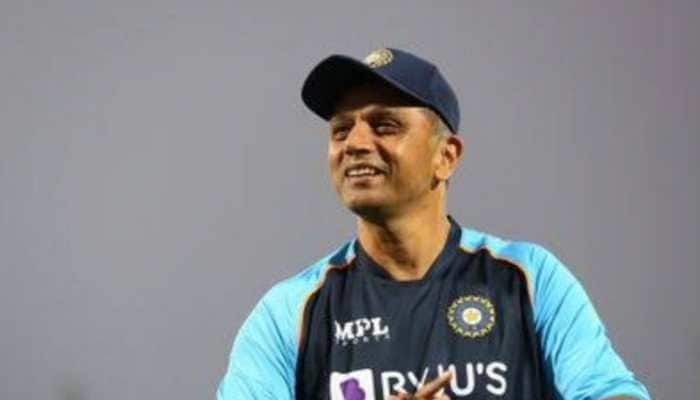Wise to re-open primary schools first before secondary schools, says ICMR Chief
During a media briefing on the COVID-19 situation, Balram Bhargava said that children can handle viral infections much better than adults.
- ICMR Chief on July 20 said that it would be wise to reopen primary schools first before secondary schools in India.
- Balram Bhargava said that antibody exposure is also similar in children as adults.
- He informed that some Scandinavian countries didn't shut their primary schools in any COVID-19 waves.
Trending Photos
) File Photo (ANI)
File Photo (ANI) New Delhi: As several states plan to reopen schools after the COVID-19 hiatus, the Indian Council of Medical Research (ICMR) Chief Balram Bhargava on Tuesday (July 20, 2021) said that it would be wise to reopen primary schools first before secondary schools in India.
During a media briefing on the COVID-19 situation, Bhargava said, "We know clearly that children can handle viral infections much better than adults. Antibody exposure is also similar in children as adults. Some Scandinavian countries didn't shut their primary schools in any coronavirus waves."
The ICMR Director-General added, "Once India starts considering, it will be wise to open primary schools first before opening secondary schools. All the support staff whether it be school bus drivers, teachers and other staff in the school need to be vaccinated."
This is to be noted that the physical classes in schools and universities have been halted due to the COVID-19 waves. However, as the daily number of cases have started to decline across the country, several states are deciding to reopen schools and universities.
Meanwhile, the ICMR on Tuesday also announced the results of their fourth countrywide serosurvey which revealed that two-thirds of the general population of the country has developed SARS-CoV-2 antibodies and that 40 crore people are still vulnerable.
The serosurvey, conducted in 70 districts in June-July, also included 2,892 kids in the 6-9 years age group and 5,799 in 10-17 years age group. It was found that seroprevalence in the age group of 6-9 years was 57.2 per cent, while in the 10-17 years age group, it was 61.6 per cent.
Children can handle viral infection much better than adults. It has been established that children have lower number of receptors than adults where the virus attaches Once India starts considering opening of schools, it will be wise to open primary schools first
DG, @ICMRDELHI pic.twitter.com/zkdNQnQlM2 — PIB India (@PIB_India) July 20, 2021
4th Round of National Sero-Survey
Two third of the general population had SARS-CoV-2 antibodies. A third of population did not have antibodies (Still ~ 40 crores vulnerable)
States/districts/areas without antibodies run the risk of infection waves
DG, @ICMRDELHI pic.twitter.com/ewmxuftRBH — PIB India (@PIB_India) July 20, 2021
Seroprevalence, notably, is the percentage of individuals in a population who have antibodies to an infectious agent.
(With agency inputs)
Stay informed on all the latest news, real-time breaking news updates, and follow all the important headlines in india news and world News on Zee News.
Live Tv







)
)
)
)
)
)
)
)
)
)
